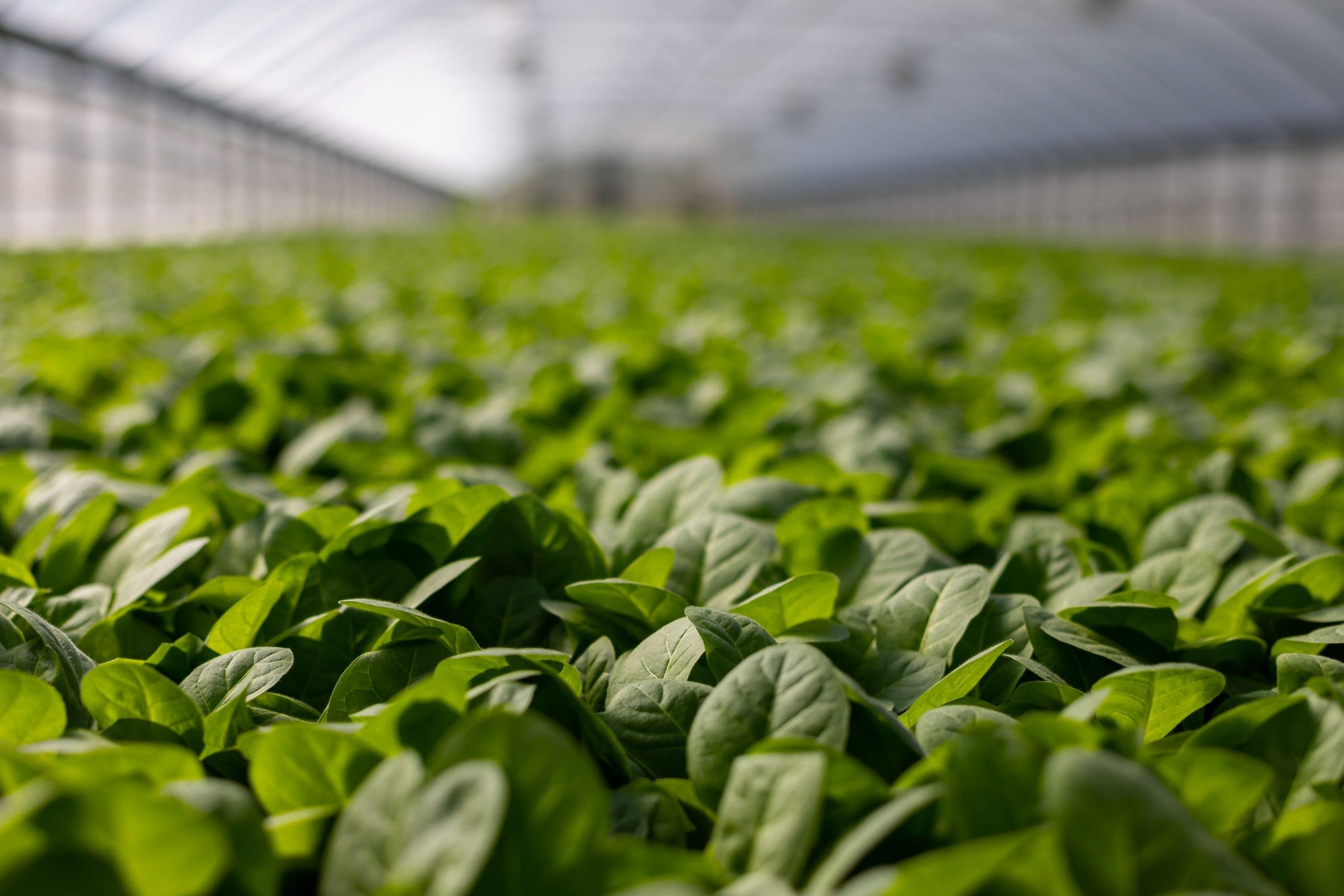Swiss Startup Innovation: Greenhouses that Produce their Own Energy
The Swiss federation of fruit and vegetable growers has set an ambitious goal of eliminating all fossil-fuel-based energy from its farming processes by 2040. This is no small feat, growing vegetables in greenhouses requires a lot of power to maintain the optimal temperature and humidity for the plants. Now, a startup called Voltiris is developing solar modules that could make self-powered greenhouses a reality.

Results from the pilot study showed the system is able to half a greenhouse’s carbon dioxide emissions while simultaneously providing between 60 and 100 per cent of its energy needs
The company’s modules use photovoltaic cells to convert sunlight into electrical energy, which can then be used to power things like lights, fans, and pumps. The company’s solar modules are similar to those of conventional solar panels but with a twist: they only utilise around half the light. Plants use only a portion of the spectrum of visible light for photosynthesis. The company’s key insight is that the remaining wavelengths can be used to generate solar power.
Results from the pilot study showed the system is able to half a greenhouse’s carbon dioxide emissions while simultaneously providing between 60 and 100 per cent of its energy needs.
Related news
EmpCo 2026: uniform EU rules for green claims – GREEN BRAND is already prepared for the change!
🎧 Hallgasd a cikket: Lejátszás Szünet Folytatás Leállítás Nyelv: Auto…
Read more >ESG obligations: communication can become a major stumbling block
🎧 Hallgasd a cikket: Lejátszás Szünet Folytatás Leállítás Nyelv: Auto…
Read more >More new products
Discover the solutions of the future on Startup Island! (Part 1)
🎧 Hallgasd a cikket: Lejátszás Szünet Folytatás Leállítás Nyelv: Auto…
Read more >Annual inflation in the OECD slowed to 3.7 percent in December last year
🎧 Hallgasd a cikket: Lejátszás Szünet Folytatás Leállítás Nyelv: Auto…
Read more >Value-added milk is revolutionizing the industry – a new consumer mindset in Poland and Eastern Europe
🎧 Hallgasd a cikket: Lejátszás Szünet Folytatás Leállítás Nyelv: Auto…
Read more >









